The Tech Revolution of 2025
The Great AI Employment Debate: Will Robots Really Take Our Jobs?

The question that keeps more than half of Americans awake at night isn't about climate change or economic uncertainty—it's about whether artificial intelligence will make their jobs obsolete. According to a recent Pew Research Center survey, over 50% of Americans express genuine concern about AI's impact on the workplace, with a third believing that AI will lead to fewer job opportunities for them personally over time.
This anxiety isn't unfounded. Unlike previous technological revolutions that required significant infrastructure investments—think of the massive machinery needed for industrial automation—AI represents a fundamentally different kind of disruption. As Steven Adler, a former OpenAI researcher, explains, "AI workers are just software, and so you don't need to buy expensive physical machinery. The AI workers can also be upgraded easily when there's a stronger version."
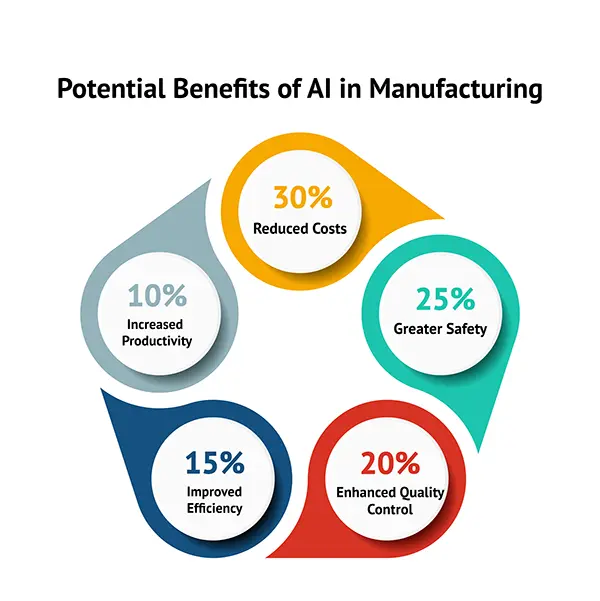
The Human Side of AI Integration
What makes the current AI revolution particularly unsettling for workers is its accessibility and rapid deployment capability. Companies accustomed to cloud-based software solutions can implement AI "virtual coworkers" with minimal friction, creating what Adler describes as an unprecedented ease of adoption compared to previous technological transformations.
However, the reality of AI's impact on employment is far more nuanced than the dystopian scenarios often portrayed in media headlines. Gaurab Bansal, executive director of the nonprofit startup consultancy Responsible Innovation Labs, offers a more balanced perspective: "I think that there will be some displacement. I think there'll be new job categories that emerge. I think we're looking at a complex reshaping, rather than a straightforward elimination."
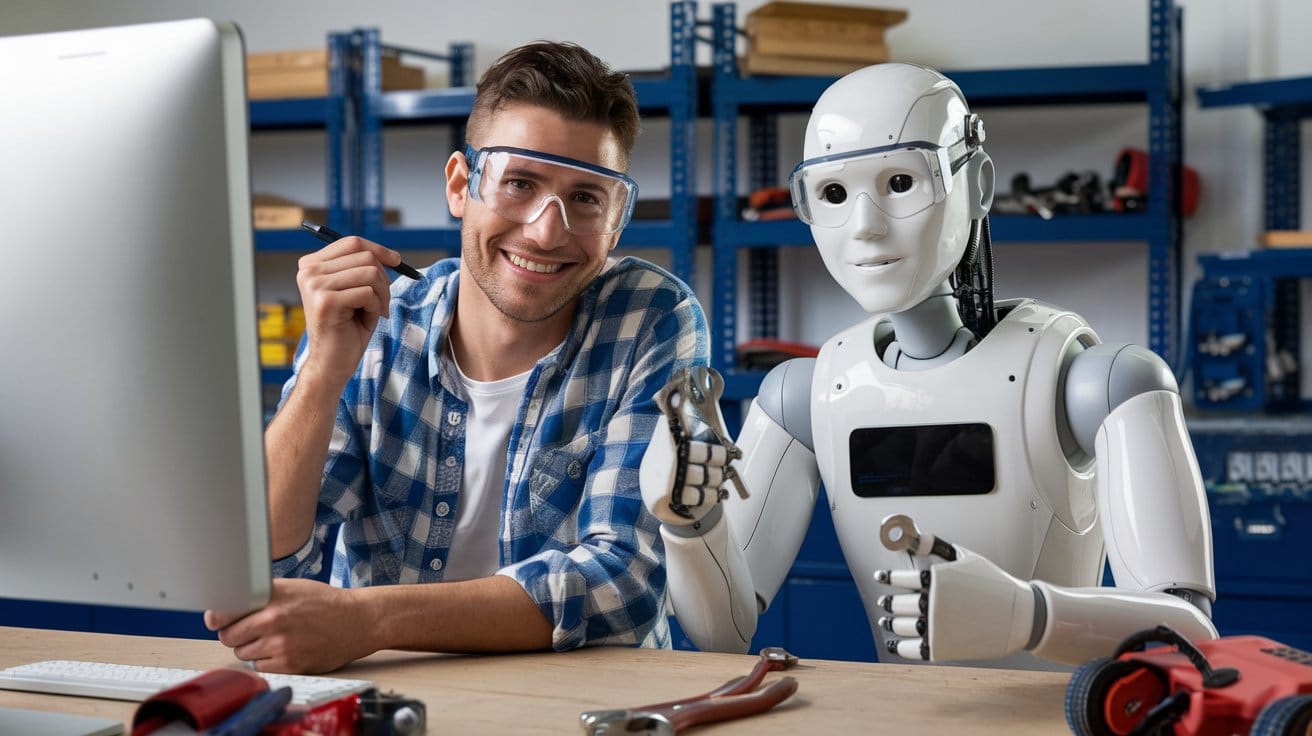
Industries at the Crossroads
Certain sectors are experiencing more dramatic changes than others. Coding and data analytics, once considered recession-proof careers, are now at the forefront of AI disruption. However, even in these high-risk categories, the transformation is more about evolution than extinction. Software developers are increasingly working alongside AI coding assistants, while data analysts are leveraging AI tools to handle routine data processing, allowing them to focus on strategic insights and complex problem-solving.

Interactive Quiz: Test Your AI Knowledge
Quantum Computing: The Fire of the 21st Century
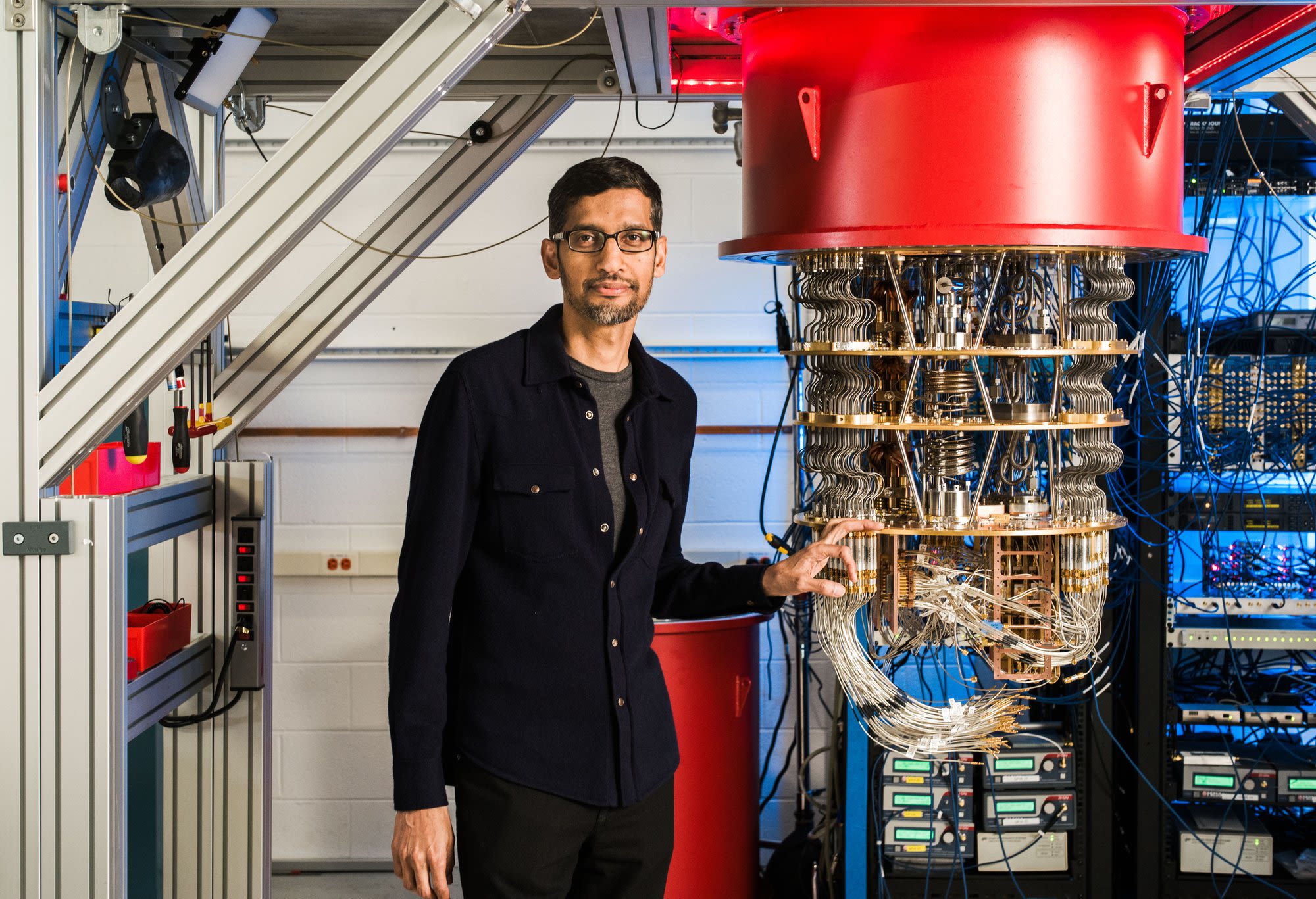
If AI represents the immediate transformation of how we work, quantum computing promises to revolutionize how we think about computation itself. Bank of America analysts recently made a bold comparison that captures the magnitude of this technological leap: "This could be the biggest revolution for humanity since discovering fire."
This isn't hyperbole. The potential of quantum computing to perform "endless complex calculations in zero-time" could fundamentally accelerate human knowledge and development in ways we're only beginning to comprehend.

Understanding the Quantum Advantage
Traditional computers process information using bits that exist in either a 0 or 1 state. Quantum computers, however, utilize quantum bits or "qubits" that can exist in multiple states simultaneously through a phenomenon called superposition. This quantum property, combined with entanglement and interference, allows quantum computers to process vast amounts of information in parallel.

The practical implications are staggering. In 2023, Google's Sycamore quantum processor completed a calculation in just 6 seconds that would have taken the world's most powerful supercomputer 47 years to complete. More recently, Google's Willow quantum chip solved a problem in less than five minutes that would require the world's fastest supercomputer 10 septillion years—that's 10,000,000,000,000,000,000,000,000 years.
Quantum Computing Milestones
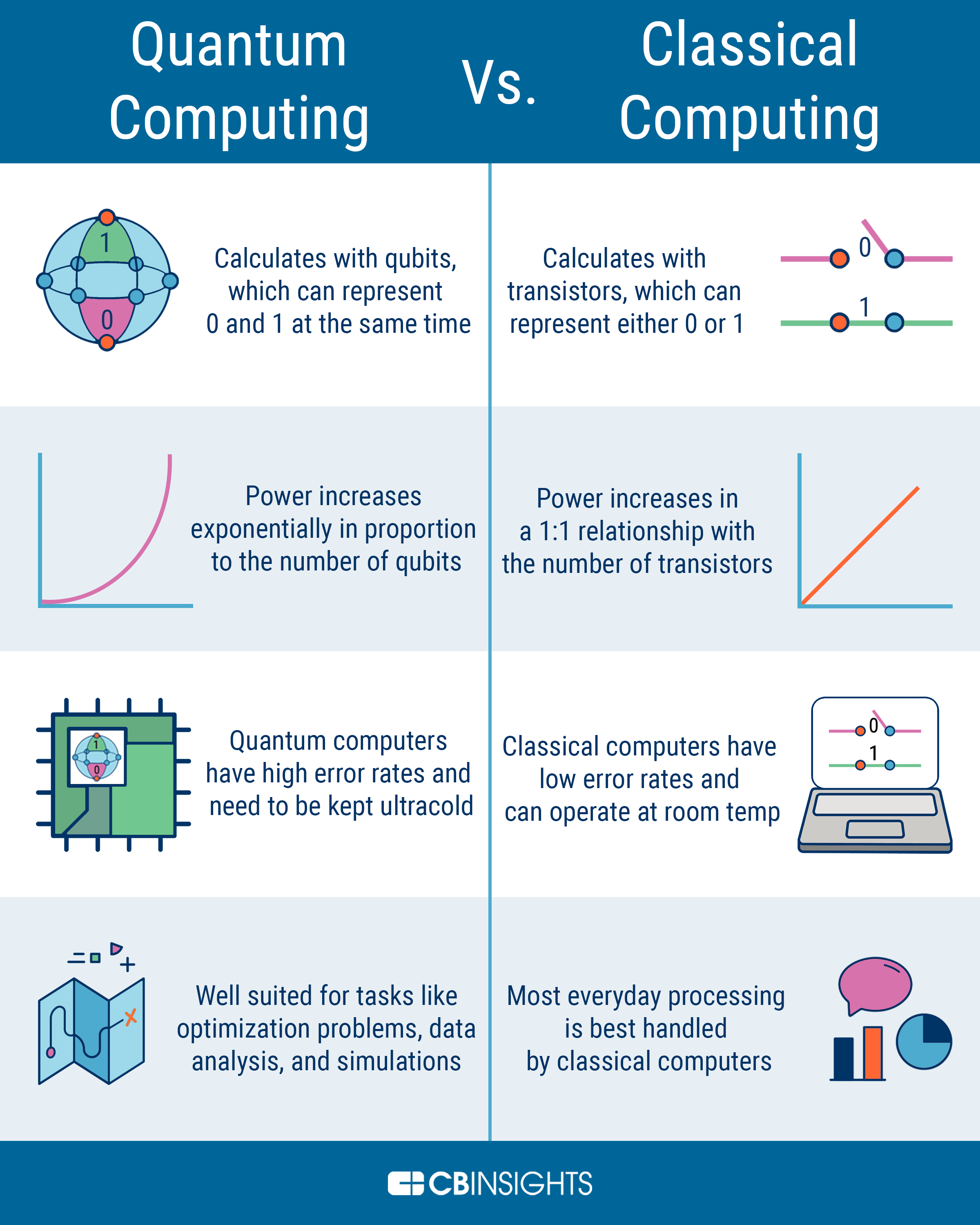
Quantum Computing Quiz
The Great Tech Restructuring: Understanding the 2025 Layoff Wave
While AI and quantum computing represent the future of technology, the present reality for many tech workers is far more sobering. The tech industry is experiencing a significant restructuring, with over 22,000 workers affected by layoffs in 2025 alone, following more than 150,000 job cuts across 549 companies in the previous year.

The Numbers Behind the Headlines
The layoff data reveals a concerning pattern. February 2025 saw the most dramatic cuts with 16,084 job losses, while other months have shown varying levels of workforce reduction. Major companies like Microsoft, Intel, Indeed, Glassdoor, and Amazon have all announced significant layoffs as part of broader restructuring efforts.

Microsoft's decision to cut 9,000 employees—less than 4% of its global workforce—reflects a strategic realignment rather than financial distress. Similarly, Intel's plan to lay off 15-20% of workers in its Intel Foundry division represents a focused restructuring of specific business units rather than company-wide downsizing.
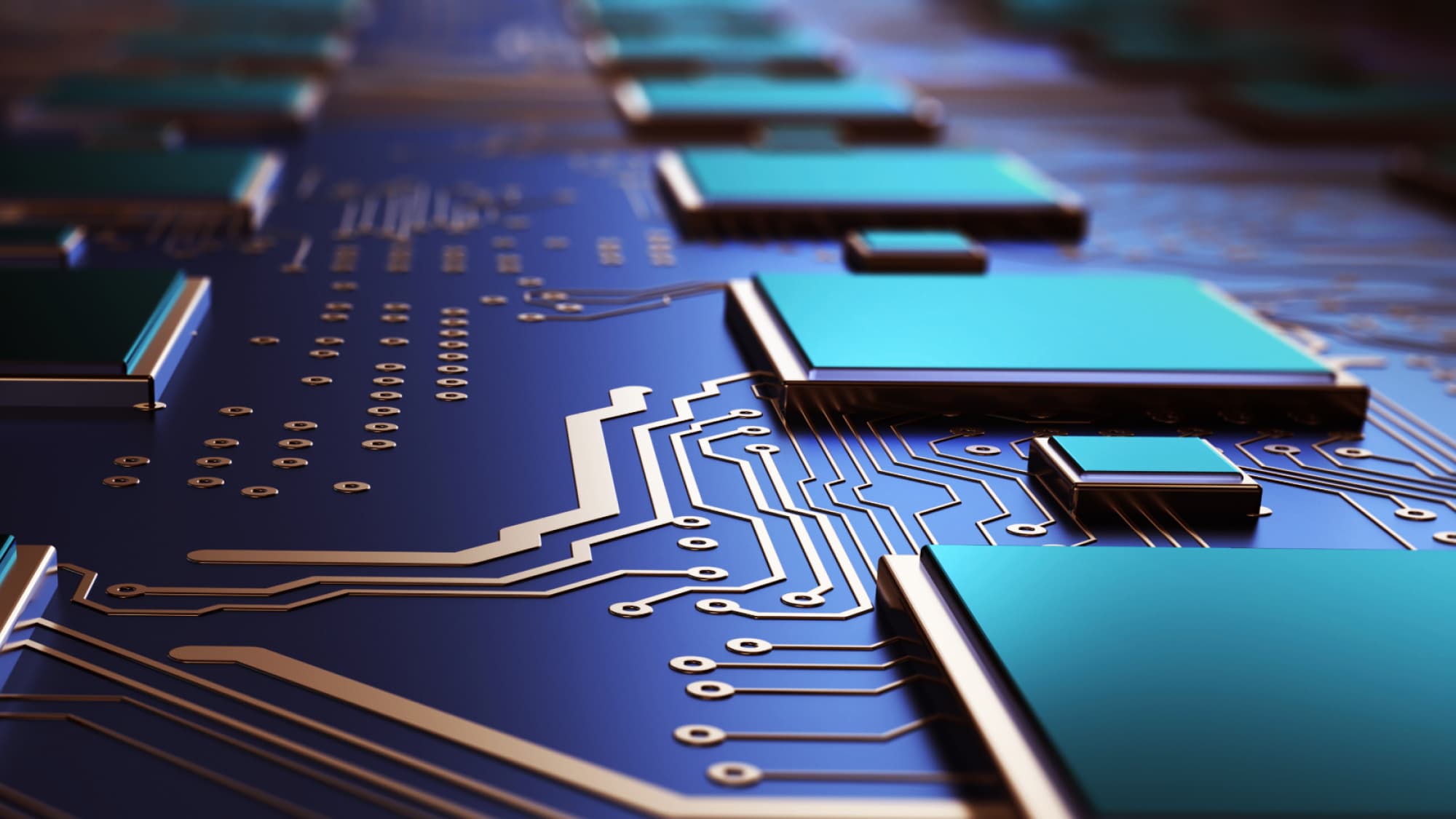
Tech Industry Quiz
The Convergence: How These Trends Interconnect
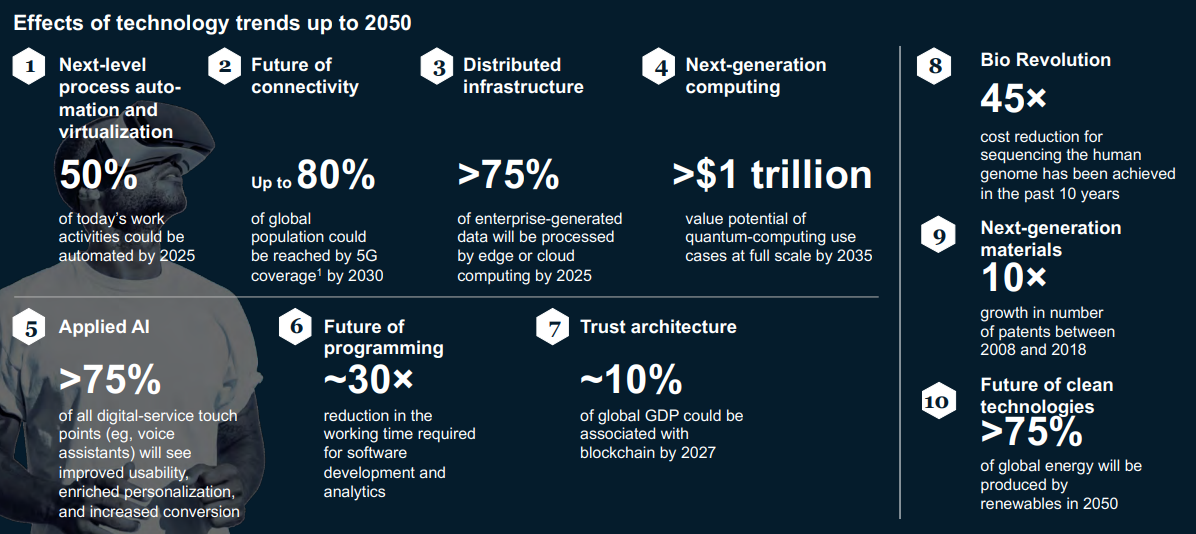
These three major tech developments—AI employment transformation, quantum computing breakthroughs, and industry restructuring—are not isolated phenomena. They represent interconnected aspects of a broader technological revolution that's reshaping our digital landscape.
The layoffs in traditional tech roles are partly driven by the automation capabilities of AI, while companies simultaneously invest in quantum computing research and AI development. This creates a complex dynamic where job displacement in some areas coincides with job creation in emerging fields.

Looking Ahead: Preparing for the Tech Future
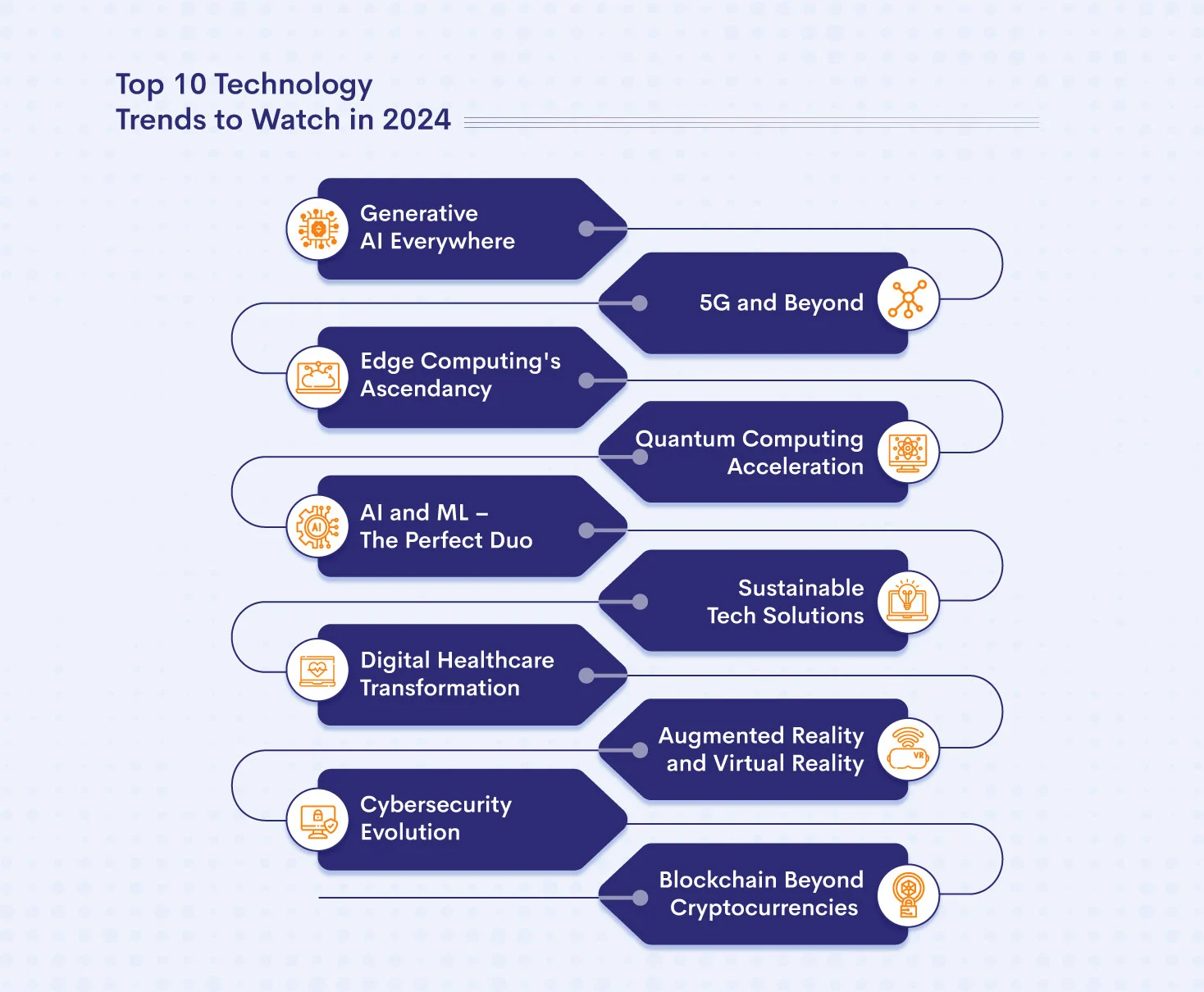
As we navigate these transformative changes, several key principles emerge for individuals, companies, and policymakers:
For Individuals: Continuous learning and adaptation are essential. The most resilient careers will be those that combine human creativity, emotional intelligence, and complex problem-solving with AI and quantum-enhanced tools.
For Companies: Strategic workforce planning that balances automation with human capability development will be crucial. Companies that successfully integrate AI while investing in employee growth and adaptation will likely emerge as leaders in the new economy.
For Policymakers: As Bansal emphasizes, "We need a new social contract for this era. The bargain we have between workers and sort of the economy is born of a different technological era." This requires proactive policy development that addresses the challenges and opportunities of technological transformation.
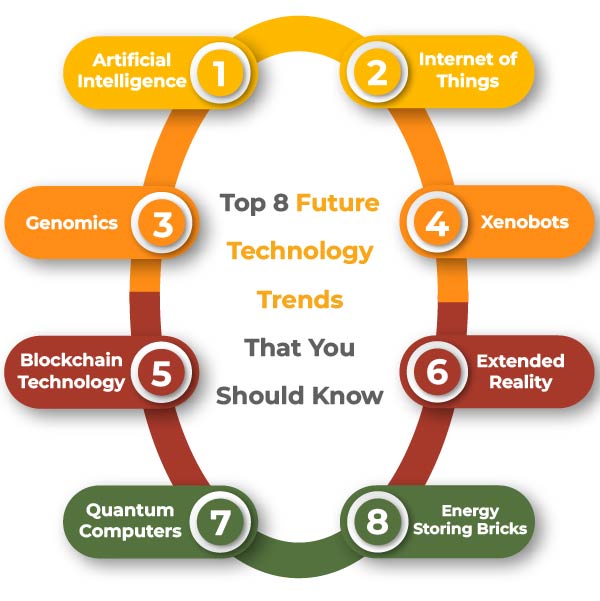
Frequently Asked Questions
Conclusion: Embracing the Transformation

The technology landscape of 2025 presents us with unprecedented challenges and opportunities. The AI employment debate, quantum computing breakthroughs, and industry restructuring represent different facets of a fundamental transformation in how we work, compute, and organize our digital economy.
Rather than viewing these changes as threats to be feared, we can approach them as opportunities for growth and innovation. The key lies in proactive adaptation—for individuals, companies, and society as a whole. By embracing continuous learning, strategic planning, and collaborative problem-solving, we can navigate this transformation successfully.
The future belongs to those who can effectively combine human creativity and insight with the powerful capabilities of AI and quantum technologies. As we stand at this technological crossroads, our choices today will determine whether these revolutionary tools serve to enhance human potential or create new forms of inequality and disruption.
Join the Conversation
What are your thoughts on these technological developments? How do you see AI, quantum computing, and industry changes affecting your work and life?
